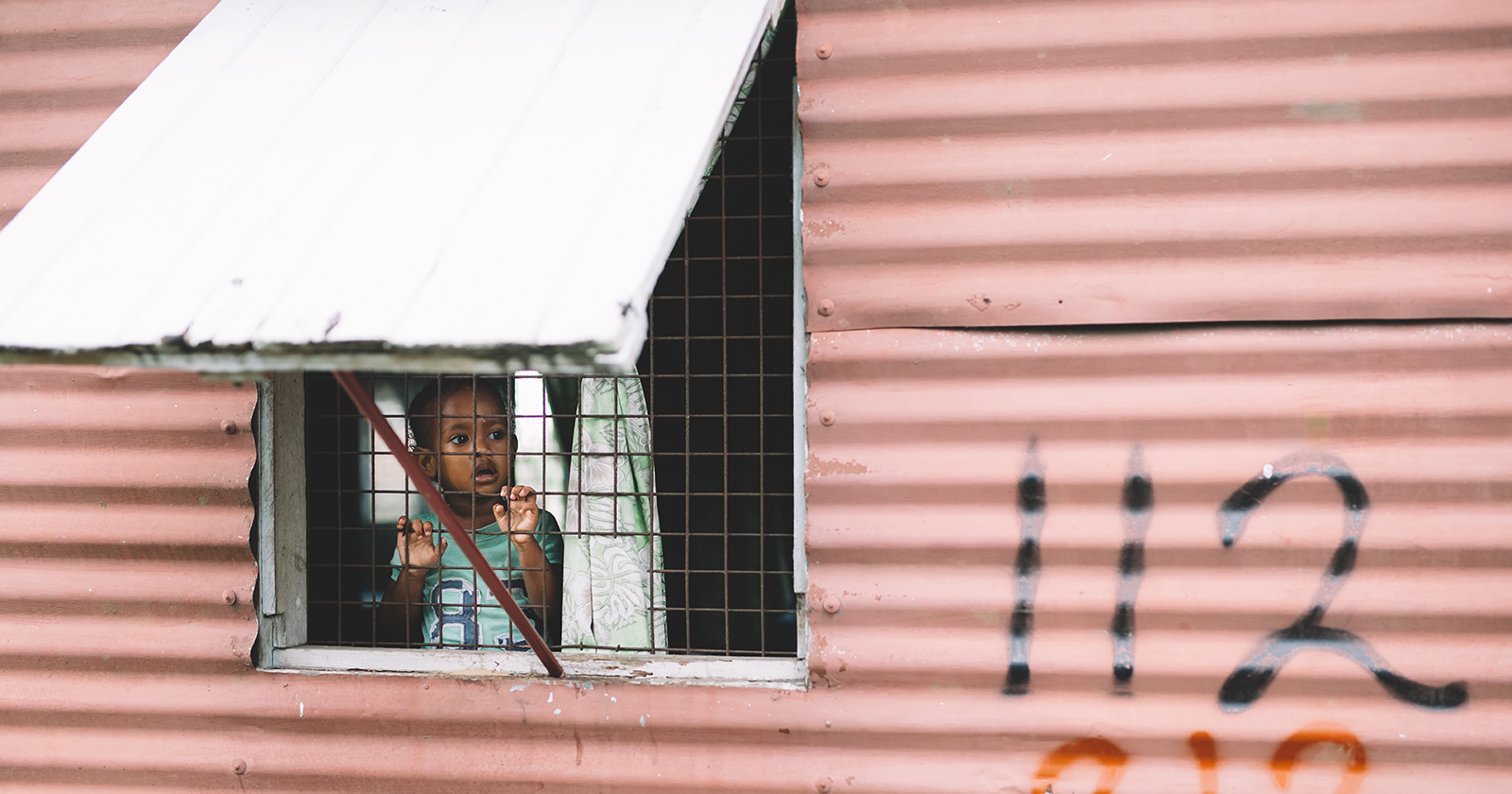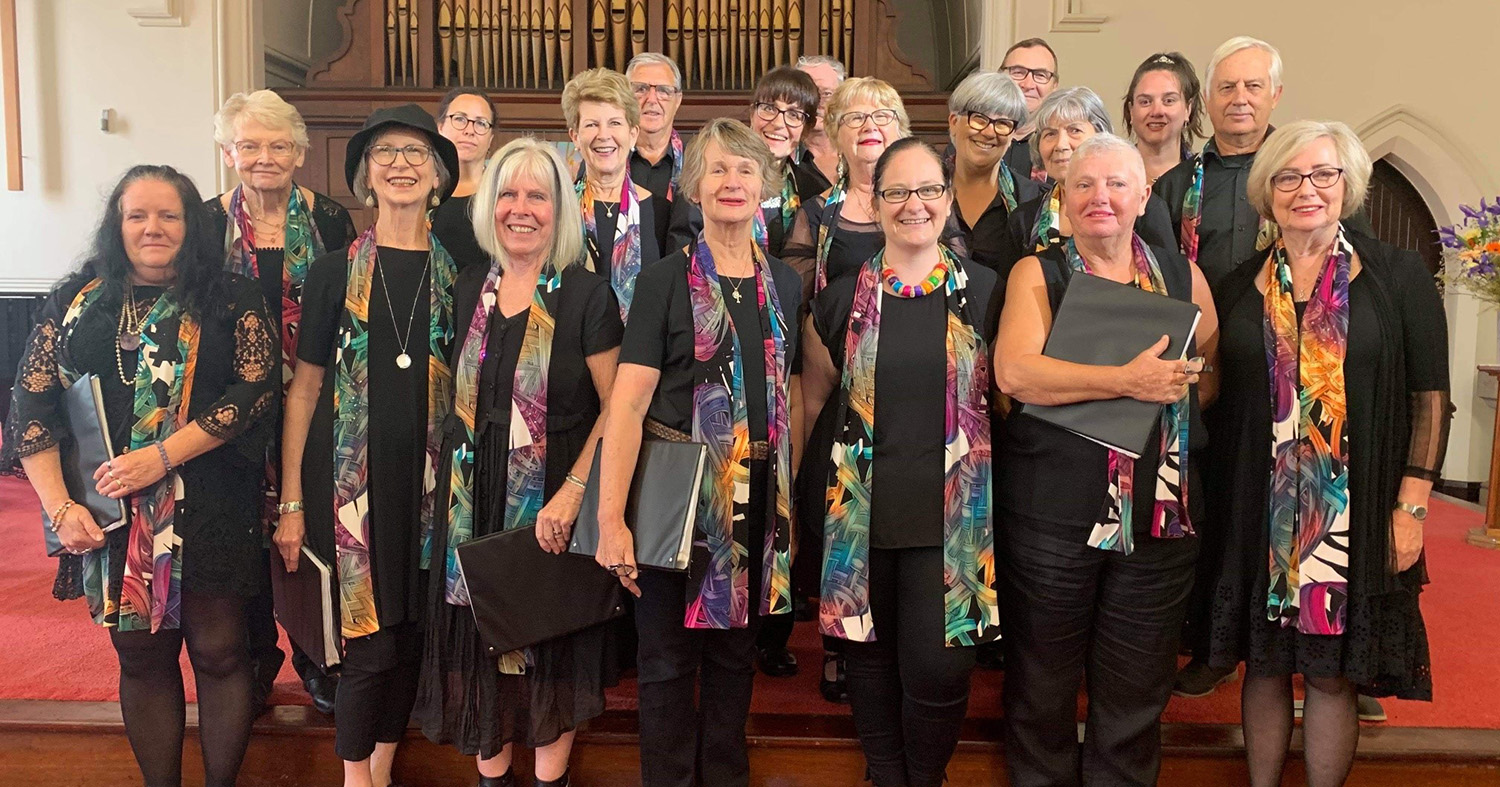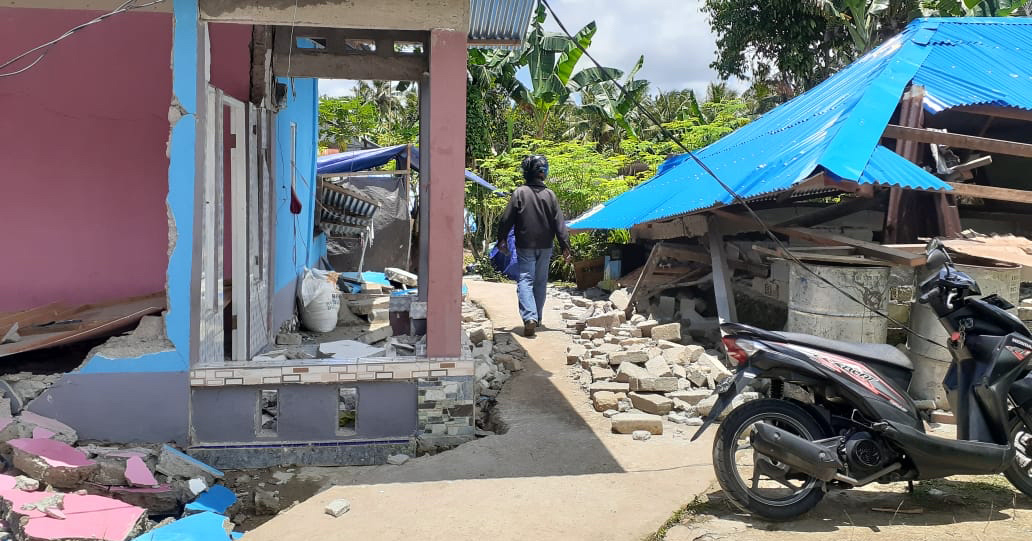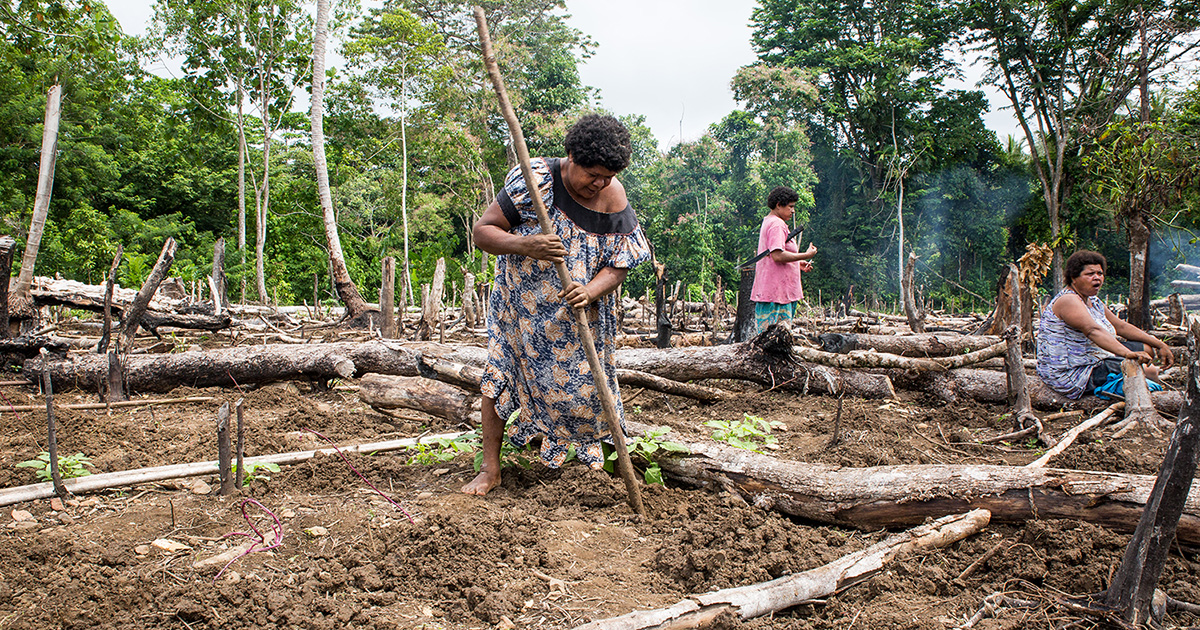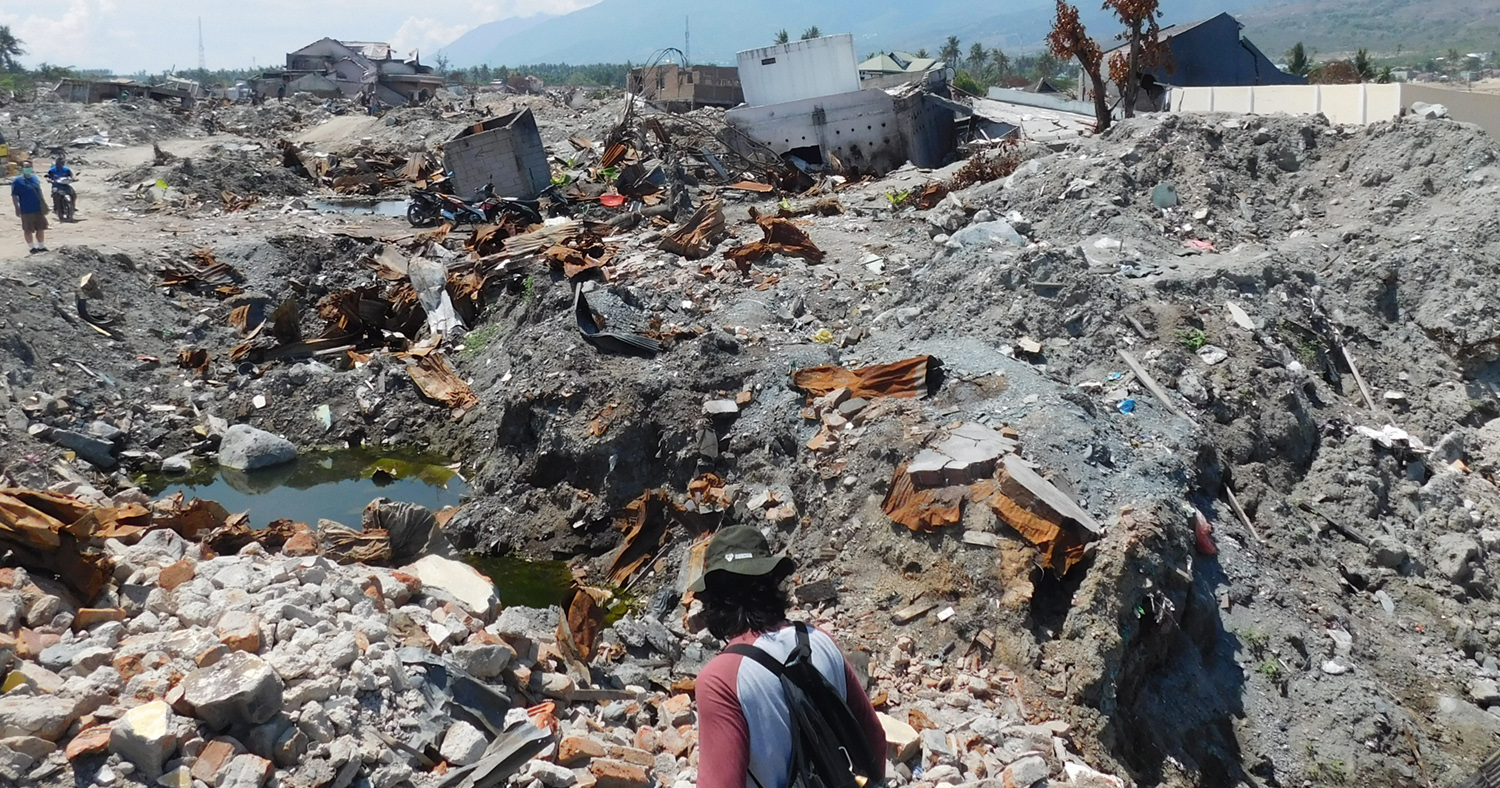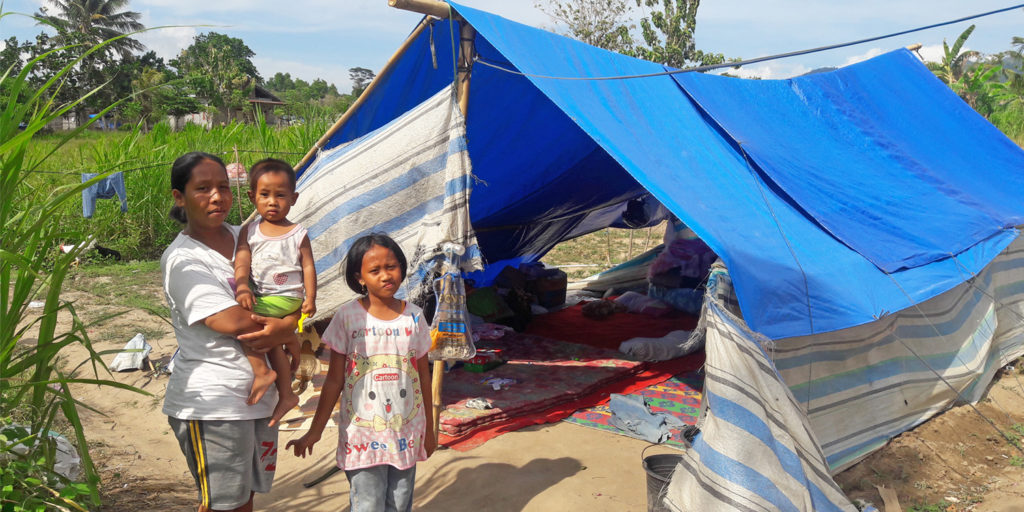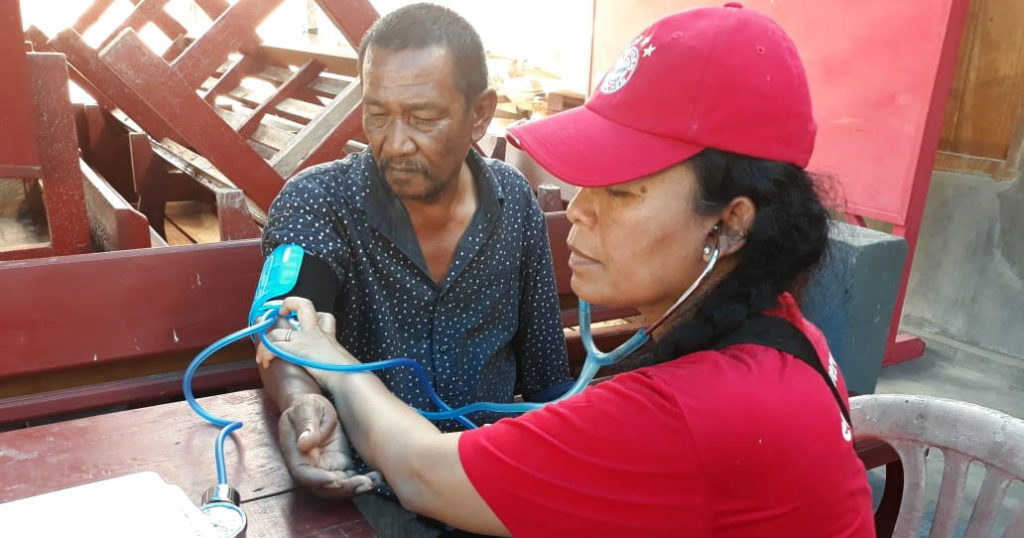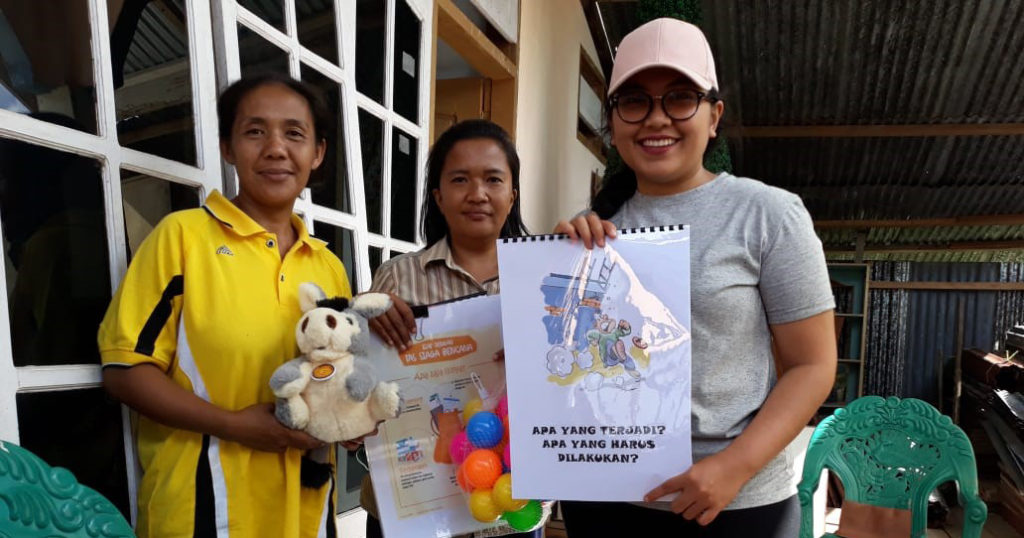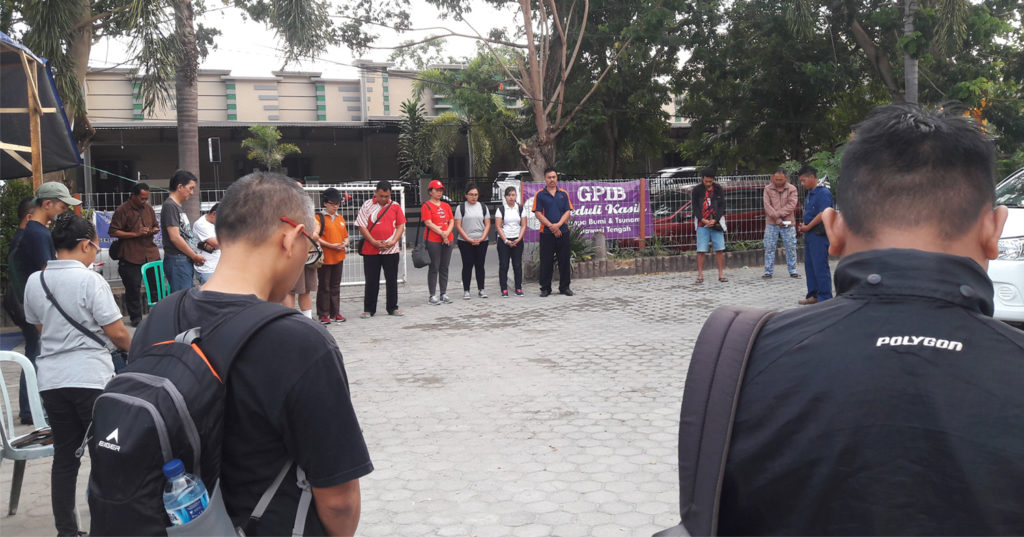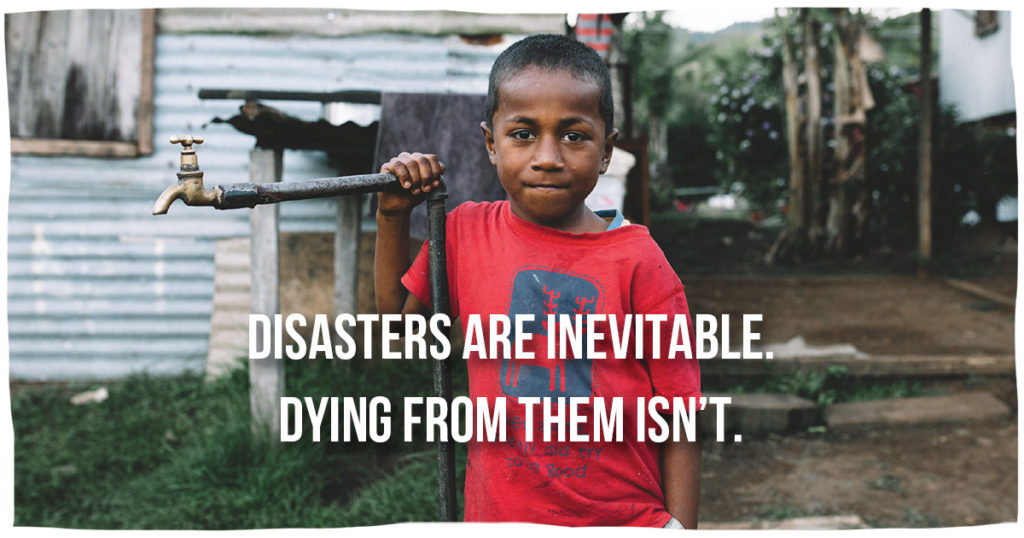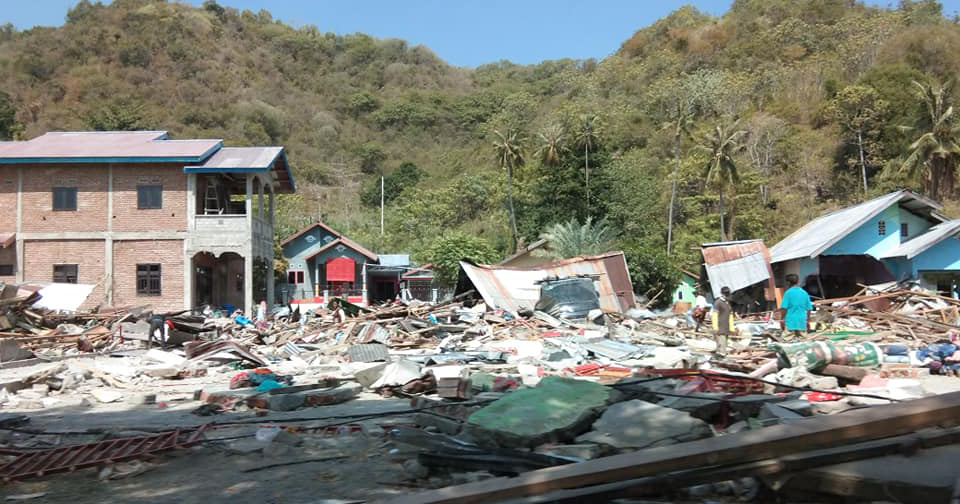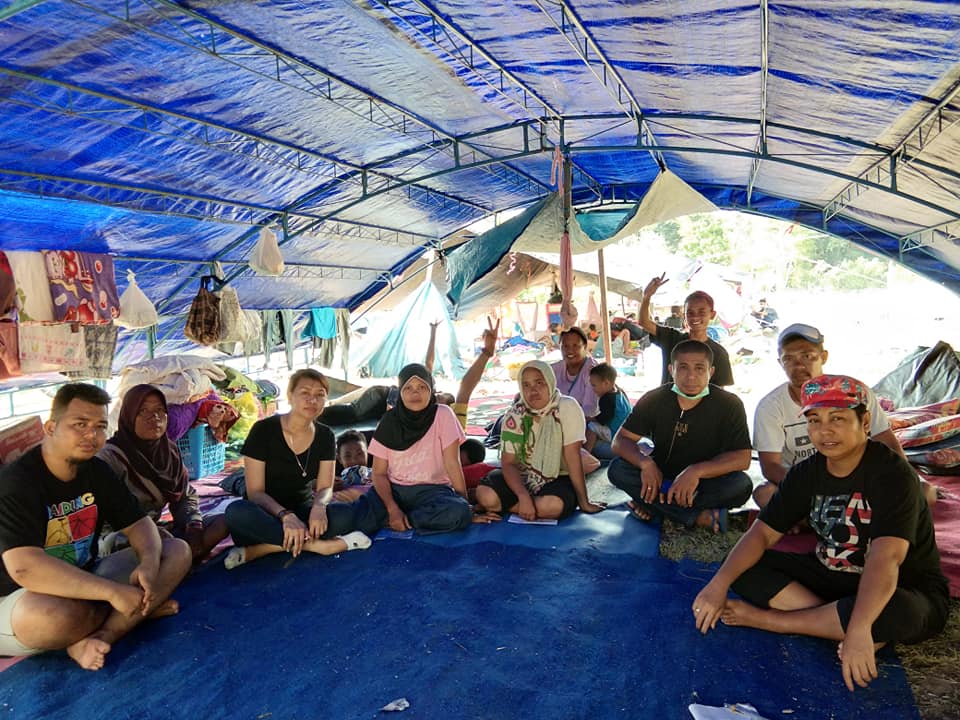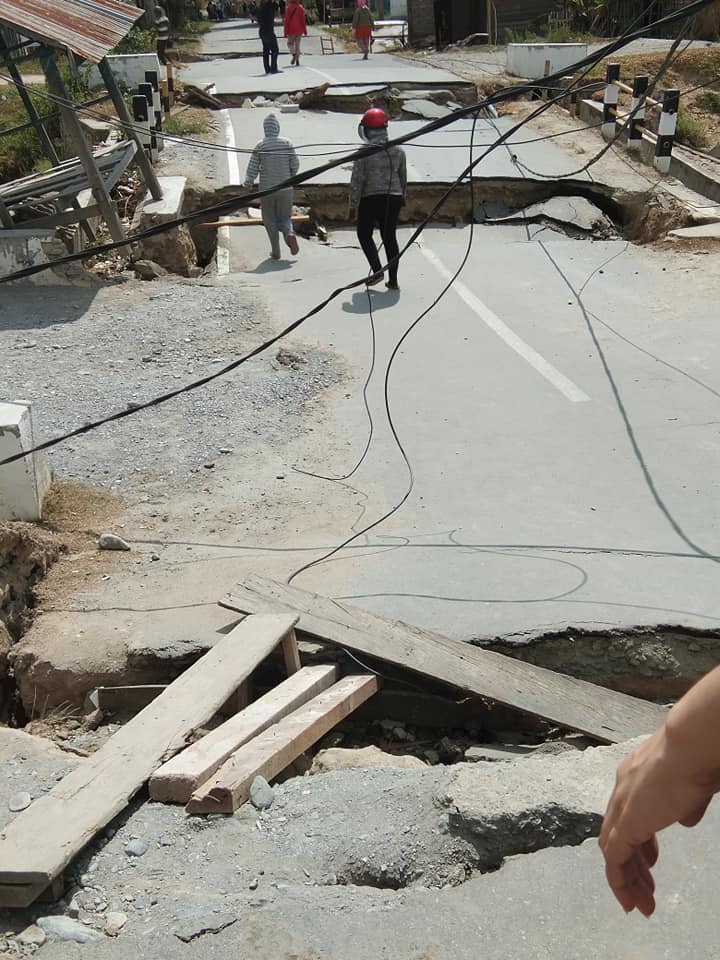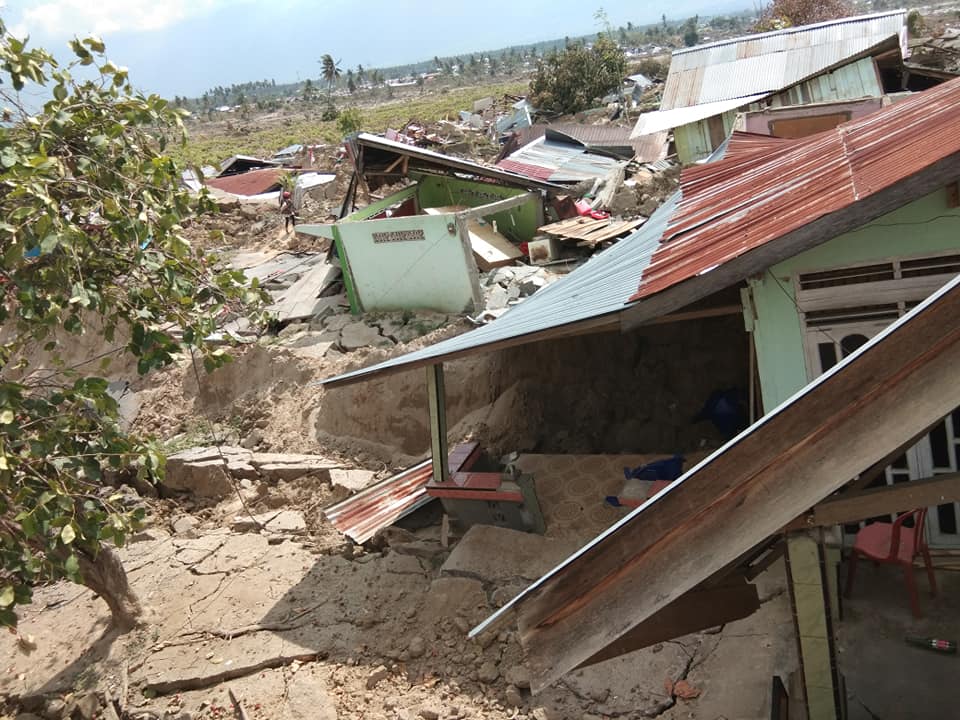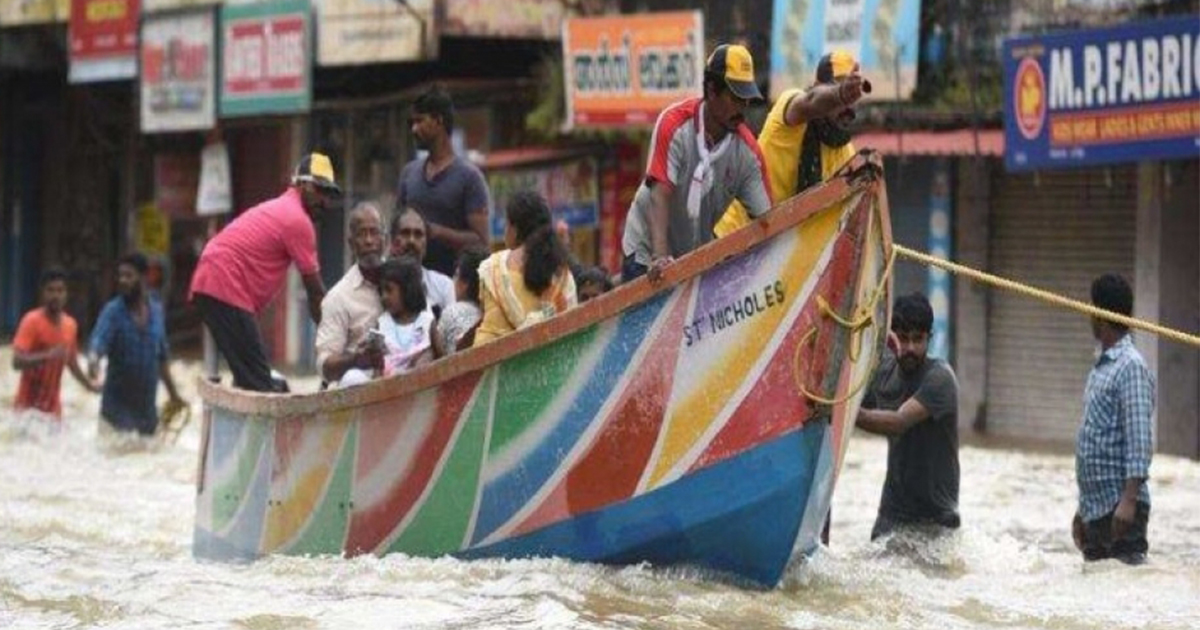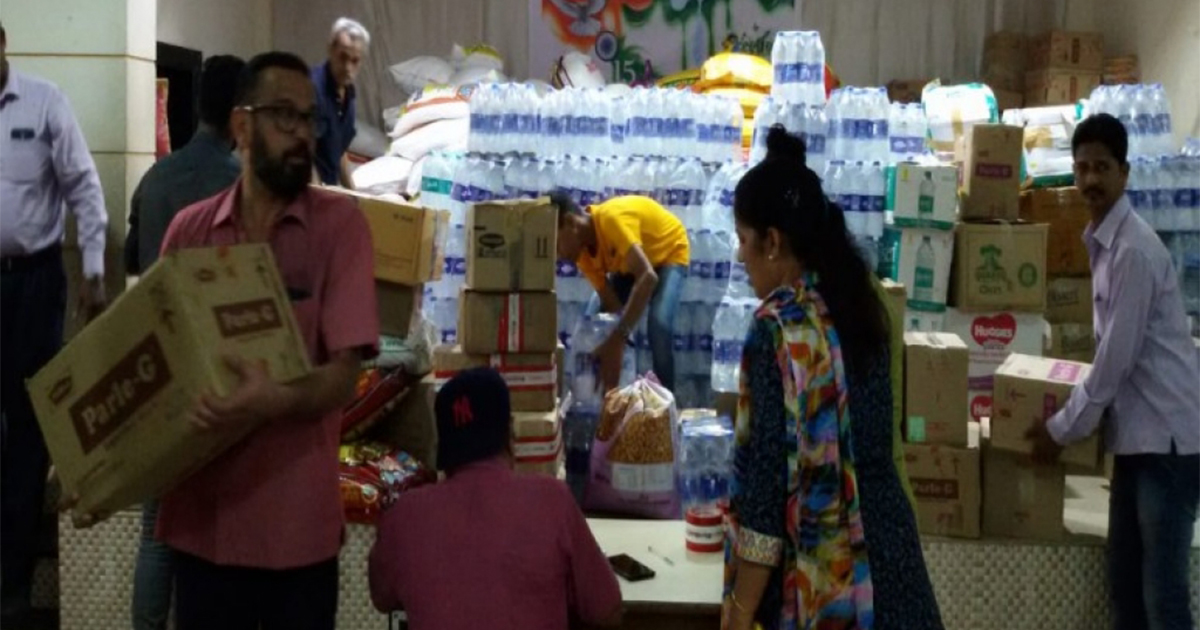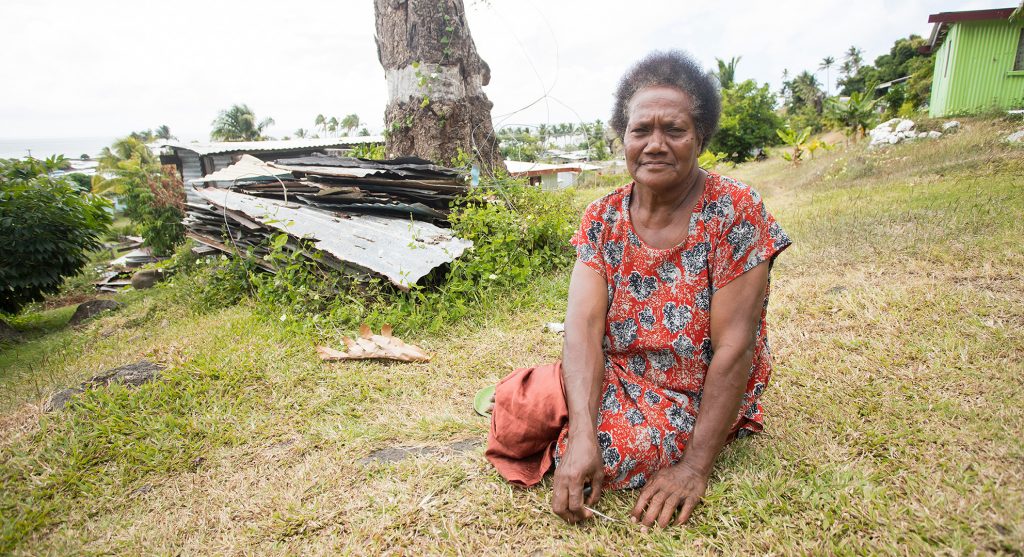Pray for our neighbours facing Cyclone Yasa
The people of Fiji are bracing to be hit by Severe Tropical Cyclone Yasa, a destructive category five super-storm in the Pacific.
General Secretary of the Pacific Conference of Churches Rev James Bhagwan has written today about what it means for his nation and the Pacific region.
Severe Tropical Cyclone Yasa remains at Cat 5 and continues to track towards us bringing destructive winds, storm surges and swells in coastal areas of at least 10metres in height – probably more, and heavy rain and flooding.
The cyclone is coming in from the West and so will severely damage the Yasawa and Mamanuca island groups which are already struggling because of the collapse of the tourism industry. It is currently tracking to go between the two main islands and then down through the middle of the group. This is a huge system so Suva will take a bigger hit than in 2016 with Severe Tropical Cyclone Winston, and as you know, the many squatter and informal settlements in the greater Suva area have very ill-constructed homes so this is a major worry.
Yet our faith, our traditional knowledge and wisdom and experiences of the past keep us resilient. We have been expecting this weather since the early and abundant breadfruit season and prolonged mango season (see how God through His creation speaks to us and provides for us).
Thank you for keeping us in prayers. It will be a tough Christmas. We really need to shift gear on Climate Change as these are all climate change induced extreme weather events. When we talk about loss and damage in climate negotiations – this is part of it.
At times like this I question your government’s commitment to their Pacific family. How much of the support that will flow in after this cyclone in terms of relief is to their “Vuvale” Pacific Partnership and how much is a guilt offering on their failure to be the world leader they could be on climate change.
It breaks my heart that the Pacific Church Partnership of DFAT will engage on many things but we are not able to leverage it on the urgent matter of climate change. Nevertheless we will remain the persistent widow until things change.
We’re standing ready to support our partners the Methodist Church in Fiji in their emergency response and we’ll keep you informed about how you can help.
Please continue to hold Fiji in prayer as they make final preparations and lock down for the storm.
Header image: Boy living in an informal settlement near Suva, Fiji
The Uniting Church in Australia is a member of the Pacific Conference of Churches.

